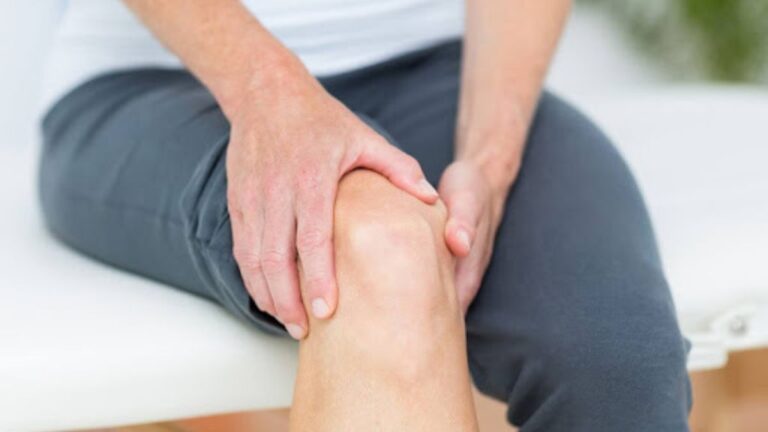Knee pain can be a major barrier to enjoying life. It affects your ability to play sports, spend time with family, or even go for a walk. Understanding the causes of the pain is essential for finding effective treatments.
At-home exercises and advanced therapies can help you regain mobility and improve your quality of life. Don’t let pain hold you back. Keep reading for helpful tips.
Common Causes of Knee Pain
Knee pain can come from different causes, and knowing these helps with treatment. Acute injuries, like ligament tears or fractures, happen suddenly. They often occur during sports or accidents. They cause immediate pain and swelling.
Chronic conditions like osteoarthritis happen slowly over time. They cause the knee cartilage to wear down, leading to pain and stiffness. Rheumatoid arthritis causes swelling in the joint linings, which results in ongoing pain.Tendinitis is inflammation of the knee tendons. It is caused by repetitive activities, like running or jumping. It is important to find out the cause of knee pain for effective treatment.
Diagnosis and Treatment Options
If you experience knee pain, it is important to see a healthcare professional. They will use methods like physical exams and imaging studies, such as X-rays or MRIs, to diagnose the problem. Understanding the cause of your pain helps create an effective treatment plan.
Once the diagnosis is made, your doctor will discuss treatment options with you. These may include physical therapy, medications, or, in some cases, surgery.
Conservative Treatments
Many cases of knee pain can be treated without surgery using simple methods. Physical therapy includes exercises to strengthen the muscles around the knee.
You can take medicine for knee pain. NSAIDs can help with pain and swelling. Corticosteroids lower inflammation. Injections, such as corticosteroids or hyaluronic acid, can cushion the joint and reduce swelling.
Surgical Treatments
If conservative treatments do not help, knee surgery may be an option.
Common types of surgery include arthroscopy and knee replacement. Arthroscopy is a small procedure used to find and fix problems in the knee joint. A knee replacement can reduce pain and improve movement by replacing damaged parts of the knee.If surgery is needed, it is important to consult Boise orthopedic surgeons. They can guide you through the process and help ensure the best outcomes.
Maintaining Healthy Knees
Knee care is essential for preventing pain and injuries. Regular exercise strengthens the muscles around the knee. Keeping a healthy weight reduces stress on the joints. Understanding pain is crucial for management. Pay attention to signs of discomfort and seek help promptly. Warming up and regular check-ups keep your knees healthy and find problems early.
Wearing the right shoes supports your knees. Avoid high-impact activities if you feel discomfort, and rest when needed. Proper care helps protect your knees and allows for an active lifestyle.
Your Path to Relief
Knee pain can have many causes, but effective treatments are available. Addressing it early with exercise, medication, or surgery can speed up healing. Take action now to regain mobility and comfort.Don’t let pain limit your life. Simple changes like regular stretching or low-impact activities can make a big difference. There are solutions for everyone, whether you’re an athlete or want to enjoy daily activities.
For more health tips and resources, check out our blog!
